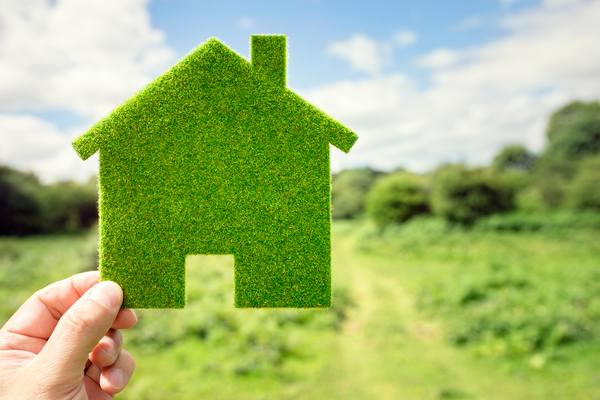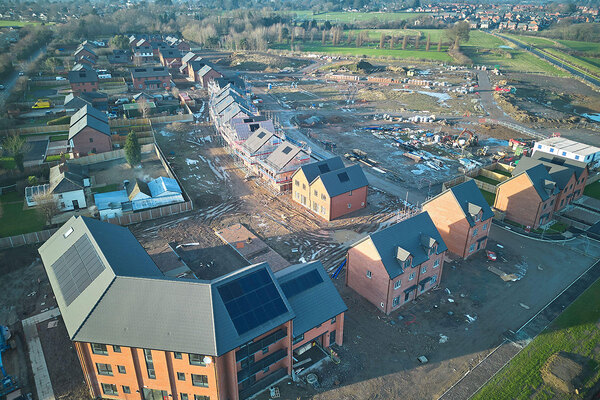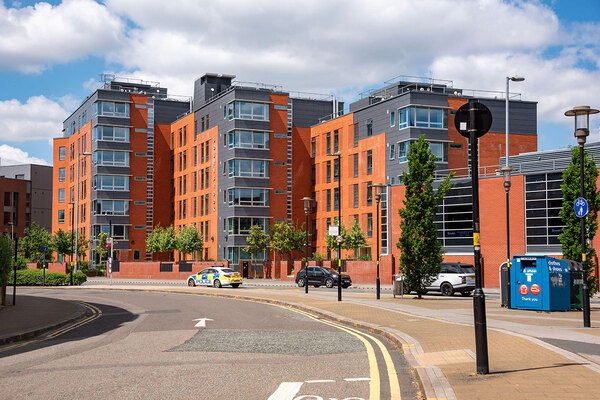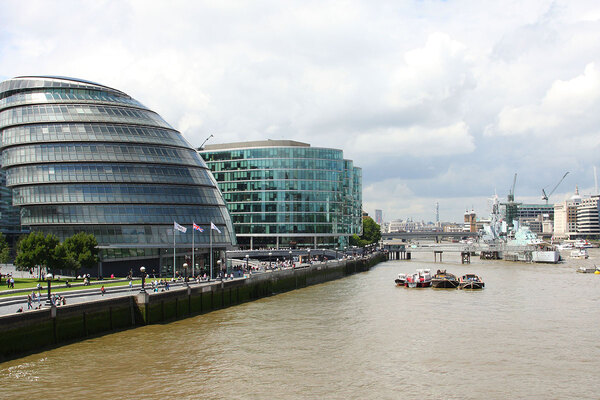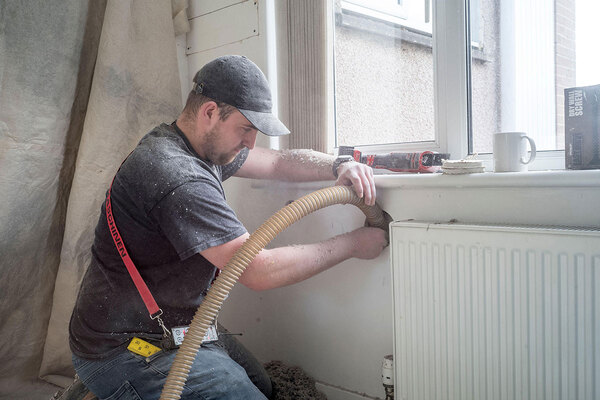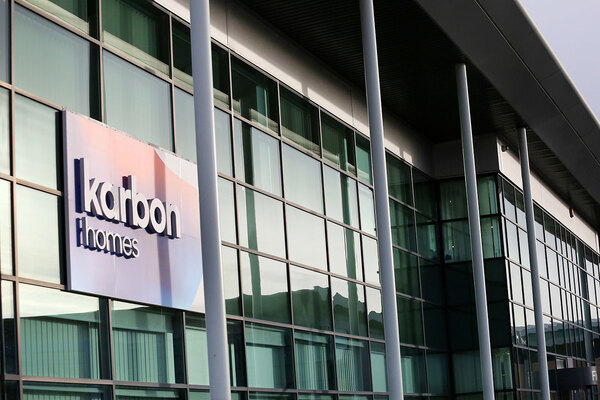 Olivia Harris
Olivia HarrisOlivia was appointed as Chief Executive in April 2017. Previously, Olivia was Finance Director at Dolphin Living, providing financial ...more
Building sustainable homes requires a radical rethink
How should housing associations balance the challenge of delivering more affordable homes, while grappling with the environmental agenda? Radical thinking may be required, argues Olivia Harris
Sustainability is, quite literally, a hot topic right now.
The Extinction Rebellion demonstrations earlier this year set out to tell us all that this is not something we can continue to ignore or be ambivalent about; they demanded action.
Arguably, the demonstrations have achieved some change, with global companies responding by transitioning their business models to a more sustainable format of operation, and company leaders pledging to donate their proceeds to the planet’s welfare.
We have also seen change at government level – Theresa May in one of her last acts as prime minister legislated to commit the UK to achieving carbon net neutrality by 2050 and many councils declared a climate emergency.
The demonstrations also set expectations of each of us as individuals to take responsibility for living in a more sustainable way. These demonstrations (and other factors) have contributed to changes in lifestyles with increases in veganism, cycling and recycling, and a decrease in single-use plastics.
While transportation is one of the areas that seen has the most rapid progression towards a low-carbon future, with the rise of electric vehicles and associated infrastructure, plus the continued shift towards other sustainable transport modes such as cycling, the real estate sector has lagged behind.
Given the significant contribution real estate will have to play in hitting these ambitious targets, doing nothing or progressing slowly is simply not an option.
In the residential context, especially when considering our homes, the topic of sustainability is both complex and emotive, and will take much longer to progress.
It is not possible to simply make changes to your housing now in the same time frame as other parts of your lifestyle.
Not only does it take time to build new homes, there are also significant carbon penalties, especially as a result of the construction process. Buildings also last a long time, so there is no quick fix.
“In the residential context, especially when considering our homes, the topic of sustainability is both complex and emotive, and will take much longer to progress”
For existing stock, retrofitting of measures to improve sustainability, once seen as offering a relatively easy solution, has in the aftermath of Grenfell become something that leaseholders, tenants and landlords have become increasingly wary of. This is driven in part by continued questions relating to the robustness of building regulations and cost.
There are many barriers to retrofitting or retrofixing old buildings to become more sustainable, including the capacity of each building, the heritage sector and, quite simply, cost.
When so many households are struggling to make ends meet there is little, or nothing, left to improve our personal sustainability profile by improving our housing. Thus, it falls to housing providers, government and technology companies, to lead the way in bringing forward improvements in sustainability for both new and existing housing.
Of course, the most obvious solution is to concentrate on embedding sustainability within new developments – not only from the perspective of reducing carbon emissions from building plant systems and other operational functions, but also through the very form the building takes.
Many traditional construction methods are carbon intensive, from the creation of cement, through to steel and other materials, to the transportation of aggregates and the use of mainly diesel-powered plants and machinery.
There are many other resources and examples available for us to consider, and many designers and architects promoting alternative forms of sustainable new build development.
What appears to be missing is a sector or industry group working on this and providing a single voice leading the way.
“Improving sustainability requires significant investment in both old and new buildings – which means better glazing, and improved heating efficiency and energy capture”
Despite advances that have been made, the sector and construction industry are still playing catch-up on how to make residential-led developments sustainable and, crucially, delivered at a price that does not undermine the level of any affordable housing provided.
Improving sustainability requires significant investment in both old and new buildings, which means better glazing, and improved heating efficiency and energy capture.
As such, many developers and housing associations commit to sustainability as a ‘social good’ as well as fulfilling their primary aim – whether for profit or not.
Yet, given the additional cost of incorporating sustainability into its business model, how should housing associations balance that against the requirements of our primary objective of delivering more affordable homes?
To date there has been very little thought given to how we seek to resolve this challenge.
Delivering on sustainability should not be done at the expense of providing better homes that benefit our tenants – but these homes, through their sustainability, should also benefit wider society. Sustainability should be an entirely complementary outcome of the process, not a competing one.
To address this, we perhaps need a more radical rethink not just of the development process but also of how we seek to deliver, calculate and capture the sustainability value of new homes.
Olivia Harris, chief executive, Dolphin Living
